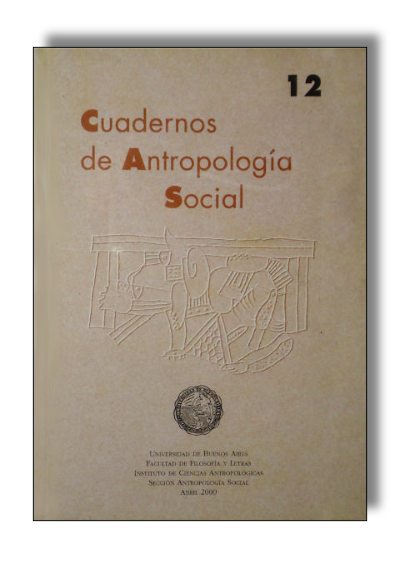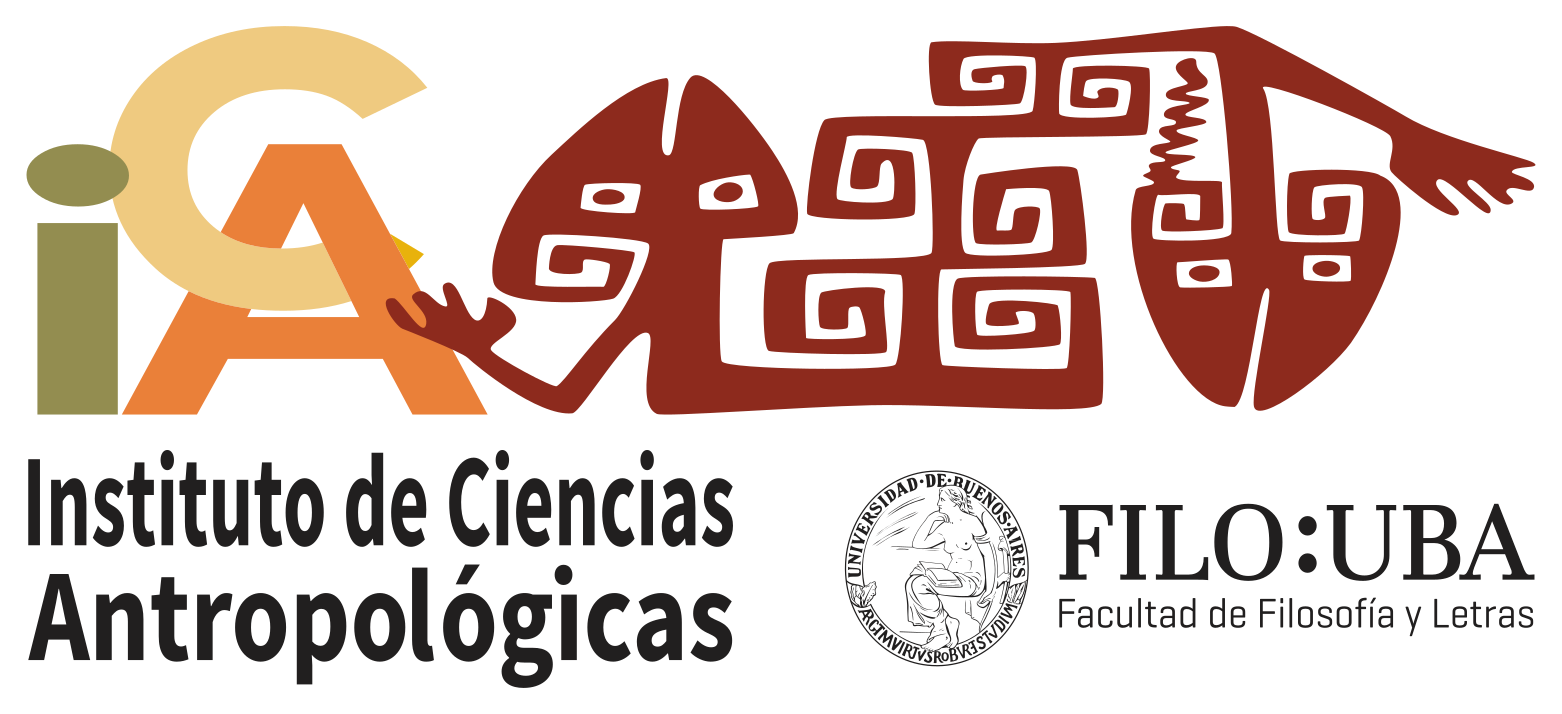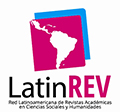Conocimiento social y formación moral. El tratamiento de la discriminación en la escuela
Abstract
In this article I work out the way in which discrimination appears in officcial and editorial educational proposals and in school classes referred to the subject of Ethics and Citizenship. The analisis refers to certain issues that do not allow the development of critical issues in the presentation of the theme. I refer specially to the incosistency between the centrality that the issue of diversity and discrimination have in the educational official proposals and aims, and the specific form in which the contents are set. I describe the limits of a moral valueing and prescribing moral discourse, according to which, instead of analising discrimination, it is object of constant judgements and precepts. I refer also to the articulation between the traditional perspective of social sciences and the treatment of the theme. This implies its development according to a social model that emphasizes the legal and normative dimension, hides conflicts and inequalities, understands social relations as a result of a conscious activity, emphasizes individual manifestations. The integrative and homogenous directions of the argentine school, the existence at it of excluding notions of social identity and of conceptions thtat pretend that “the social” may be learnt through the enumeration of norms and laws, allows discrimination to be perceived as a “a-social” fact, puts it in the place of a deviation, that must be judged before than explained. Finally, in the contents there are no arguments to un-authorize the foundations and explain the causes of discrimination, given this situation, the only alternative teachers have is pretty advices about living together.Downloads

Esta obra está bajo una Licencia Creative Commons Atribución 4.0 Internacional
Cuadernos de Antropología Social sostiene su compromiso con las políticas de Acceso Abierto a la información científica, al considerar que tanto las publicaciones científicas como las investigaciones financiadas con fondos públicos deben circular en Internet en forma libre, gratuita y sin restricciones.
Los contenidos y opiniones expresadas en los artículos publicados son de entera responsabilidad de sus autores.
Los autores/as que publiquen en esta revista aceptan las siguientes condiciones:
- Los autores/as conservan los derechos de autor y ceden a la revista el derecho de la primera publicación, bajo la licencia de atribución de Creative Commons, que permite a terceros utilizar lo publicado siempre que mencionen la autoría del trabajo y a la primera publicación en esta revista.
- Los autores/as pueden realizar otros acuerdos contractuales independientes y adicionales para la distribución no exclusiva de la versión del artículo publicado en esta revista (p. ej., incluirlo en un repositorio institucional o publicarlo en un libro) siempre que indiquen claramente que el trabajo se publicó por primera vez en esta revista.















